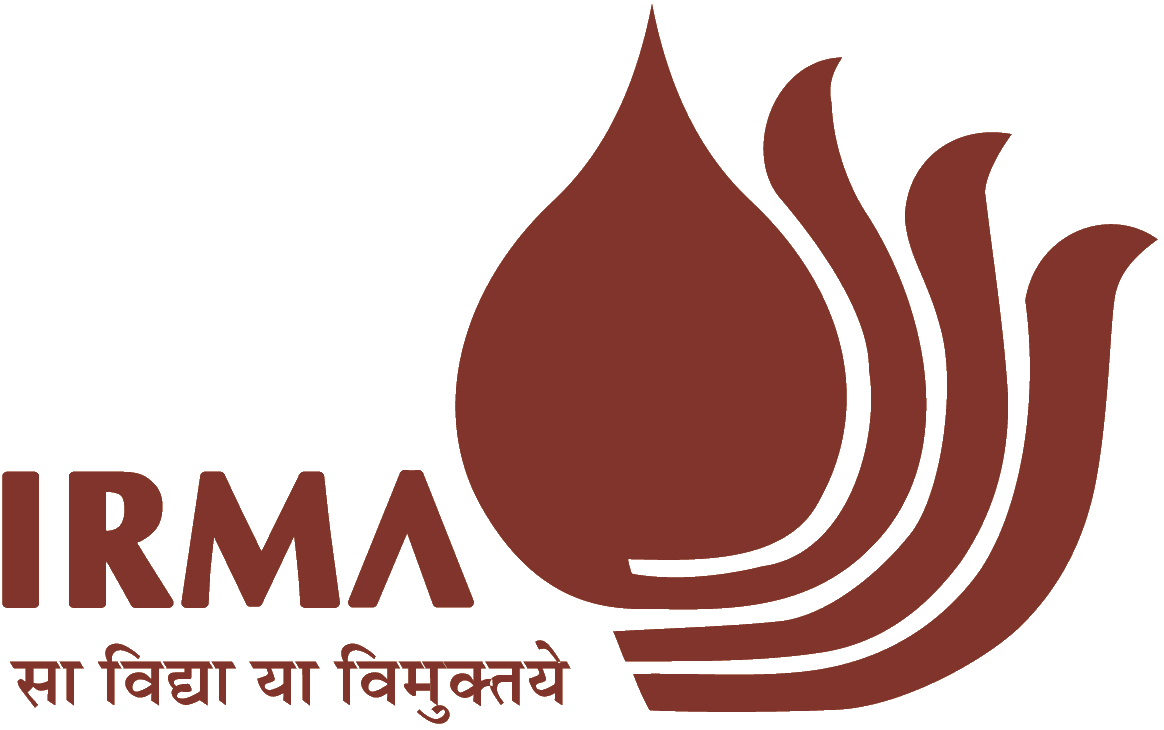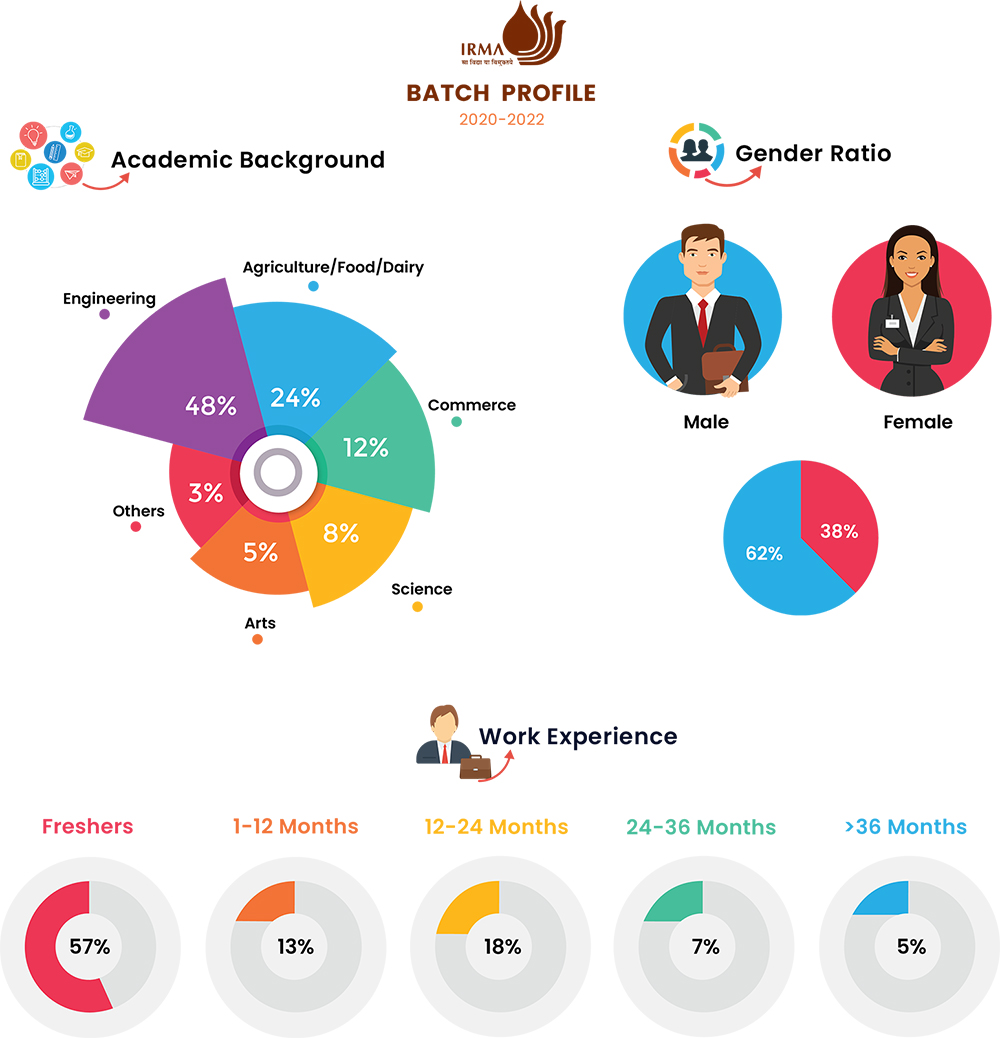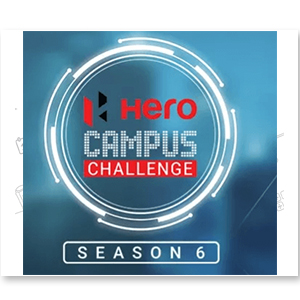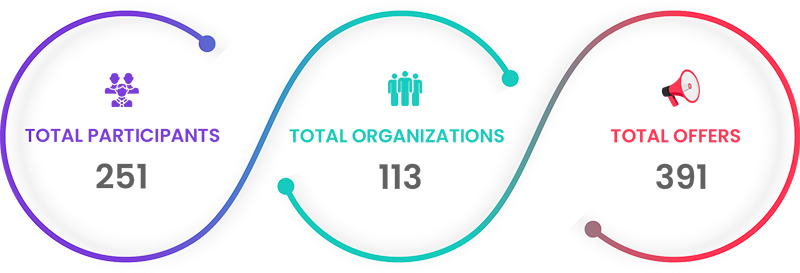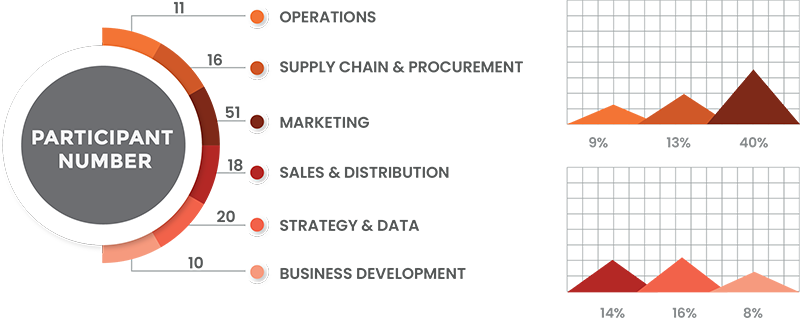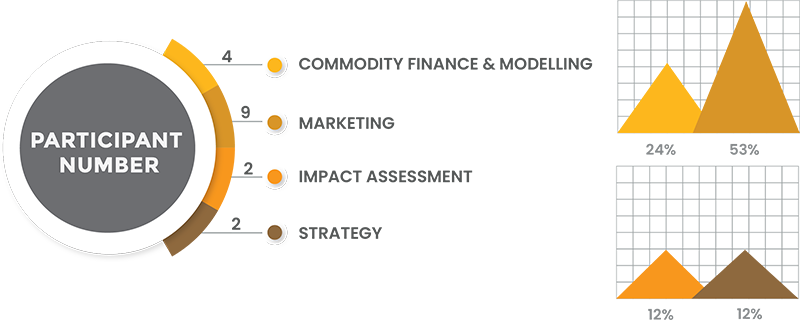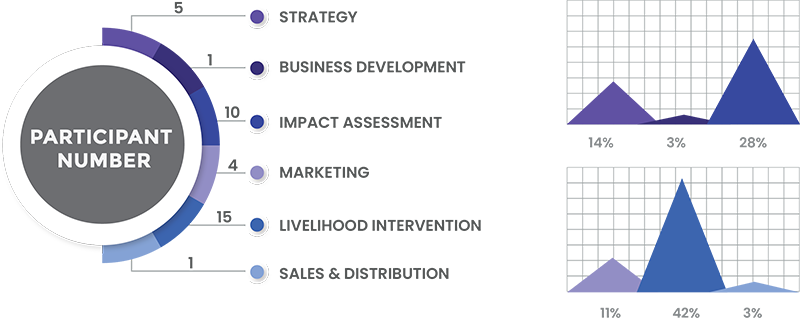The wheels of the White Revolution were set rolling in the then sleepy town of Anand in the early 1960s. They gave birth to the cooperative structure, which formed the bedrock of many development initiatives in India. When Dr. Verghese Kurien was looking for managers to realize his vision of Operation Flood, he found that the educational scenario at the time did not cater to this specific need. Having already set up more than 30 institutions including GCMMF, AMUL, and NDDB, he devoted his institution-building skills to develop an institute that would train managers who, apart from possessing required managerial skills, would have an additional advantage in terms of a grasp of the dynamics of rural India. Thus, the Institute of Rural Management Anand (IRMA) was set up in 1979 with a mandate to professionalize management of rural producers’ organizations while creating a dynamic body of knowledge.
The institute was established with the support of the Swiss Agency for Development and Cooperation (SDC), the Government of India, the erstwhile Indian Dairy Corporation, the National Dairy Development Board, and the Government of Gujarat. The founding mandate was to provide management education, training, research and consultancy support to cooperatives and other organizations working for rural development in India. The core of IRMA’s operating philosophy has been to build and sustain a partnership between rural people and committed professional managers, as is reflected in its mission statement, “to promote sustainable, ecologically-friendly and equitable socio-economic development of rural people through professional management.”
IRMA’s vision is to make continuous and significant contributions to the transformation of rural India through:
- Leadership in cutting-edge knowledge creation,
- Innovations in education
- Pursuance of the ethical imperative of sustainability, and
- Policy oriented research
For more than four decades, IRMA has been committed to excellence in scholarship, research, and training. A variety of rural organizations – cooperatives/producers’ organizations, non-government and government development organizations, and social enterprises, besides others engaged with the rural space in the context of enhancing its prosperity, have approached IRMA for problem-solving techniques and consultation. The graduates of IRMA have gone on to become nation-builders and thought leaders in the fields of public management, cooperatives, development, politics and more. In today’s world, when the opportunities in rural areas are brimming over, IRMA’s graduates have left no stone unturned in successfully establishing rural linkages for organizations from different sectors. This has, in turn, strengthened IRMA’s position as the pioneering institute of rural management in the country and a reputed institution of knowledge throughout the world.
The 22-month long PGDM (RM) programme is divided into six Classroom Terms, a Village Fieldwork Segment (VFS), and a Summer Internship Segment (SIS). The courses in each of these six terms are carefully structured in order to give a wholesome view of the entire discipline and are judiciously placed to enable the participants to apply the same during their internship. In order to achieve this perfect learning mix, IRMA, through its illustrious faculty, follows a distinct pedagogy with regard to each course that includes case analyses, simulations, experiential exercise, project presentations, writing papers, and guest lectures, apart from extensive use of audio-visual aids during regular classes.
Projects and Presentations
These form an integral part of the stimulating curriculum at IRMA, giving participants an opportunity to showcase their knowledge, creativity, and dynamism. Working in different groups with their peers from diverse academic backgrounds widens the knowledge base of participants, introducing variety to their unique learning experience besides honing their leadership and people management skills. Innovative projects such as writing policy briefs, creating business and marketing plans for cooperatives, products, book reviews, etc. are vital components of the curriculum.
Simulation / Experiential Exercises and Audio-Visual Aids
The aforementioned components help participants gain better insights into various management concepts and development constructs. Every new batch is inducted into the PGDM(RM) programme through the famed in-house management simulation game called ‘Naranpur Express’ that simulates the rural economy and emphasizes the need for asset management and financial prudence. IRMA faculty members have been repeatedly invited by other top management schools in the country to conduct this game. Simulation games are also employed in courses to demonstrate practical situations and the strategies required to be used in them.
Case Analyses
Drawing upon their vast experience in research and consultancy, IRMA faculty members prepare and publish case studies in the field of rural management and other functional areas of management. These case studies, along with those drawn from other leading national and international B-Schools, are used for introducing contextual analyses and insights into issues discussed in classes by simulating a business environment in the classroom.
Experiential Learning
The most striking feature of the PGDM(RM) is the emphasis placed on experiential learning. IRMA believes this to be an integral part of shaping the participants’ outlook. Therefore, as a part of the curriculum, participants spend considerable time outside of the campus, learning, and applying. A graduating participant will have lived and worked with the underserved for nearly five months and hence, becomes a valuable asset to any organization wanting to cater to the needs of the rural populace.
A Firm Belief in Gender Inclusivity
Promoting equity and ensuring equal opportunities for the marginalized is implicit in the ambit of rural management. This can only be achieved if the same principles are respected at home. Here at IRMA, the genders are treated on par. Female participants face the same challenges as their male counterparts while on their fieldwork in the hinterlands. The tenacity of assignments remains the same and neither of the genders is discriminated against in the context of opportunities.
Developing professional managerial manpower for the underserved rural society through different kinds of organizations and institutions has been a path chosen by IRMA for the last four decades. We have been able to accomplish this journey with your sustained support all through. As our 41st batch of IRMA’s flagship Post Graduate Diploma in Management (Rural Management) – popularly known as the PGDM(RM) – gets ready to step outside, we warmly invite you to the campus placements process.
The past year has been eventful and significant to all of us across multiple dimensions, and while things are looking up, a word of caution still exists. The 41st batch of PGDM(RM) has shown tremendous resilience, courage and self-motivation in dealing with the challenges of online and hybrid classes, and many of the students braved the threatening conditions to go ahead with on-field internships.
We extend a warm welcome to you all, and look forward to taking this occasion to strengthening the bond we share with you, once again.
Prof. Aashish Argade
Placements Chair,
IRMA
Students of IRMA’s Post Graduate Diploma in Management (Rural Management) – the PGDM(RM) – are engaged in co-curricular and extra-curricular activities all year long via live industry projects with organizations of national and international repute, as well as through myriad student initiatives focused on intra and inter-institute events to further stoke the students’ creative fires.
Recently, students have been part of live industry projects with organizations such as:
IRMA students also regularly participate and excel in national-level competitions conducted by top-notch corporates and B-Schools from across the country:
- By Discipline
- By Work Experience
- By Gender
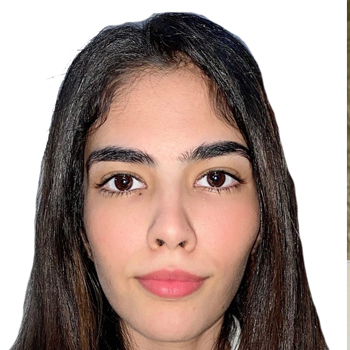
Aakriti Rana
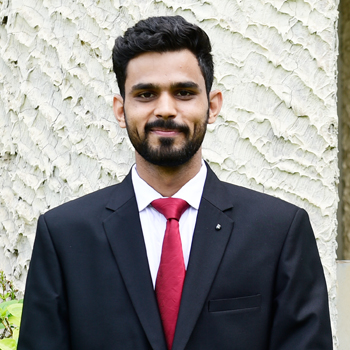
Aayush Pathak
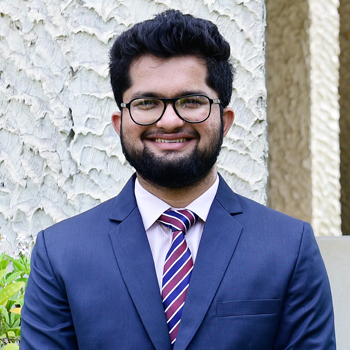
Abhijit Kardile
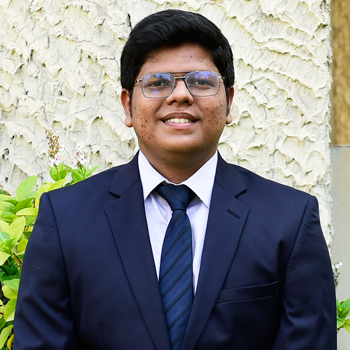
Abhijith A

Abhilash Basu
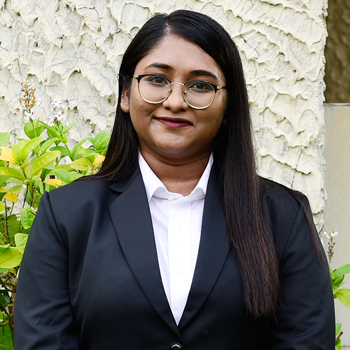
Abhilasha Patra
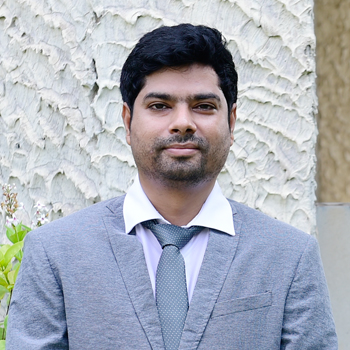
Abhilesh Kumar
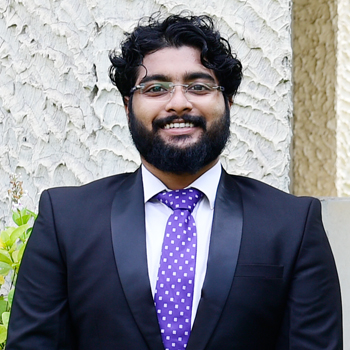
Abhishek Betal
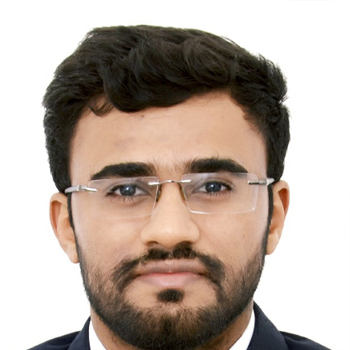
Abhishek Jain
Career Development and Placement office
Mr. Alpesh Macwan
Phone (M) – 7069066175 (O)- 02692-221699/221604
Email- placement@irma.ac.in
| Name | Contact detail |
| Shivalli Arun (Convenor) | 8840454377 |
| Archit | 9671119397 |
| Arnab Hui | 9725092424 |
| Avineesh Arora | 9729672828 |
| Jacky Thakkar | 9033951647 |
| Jidhoo R | 7907983656 |
| Kiran Paul | 9946174640 |
| Madhvi Sridhar | 9601707849 |
| Saloni Sharma | 9871178611 |
| T Shalini | 9818968211 |
| Shubham Kulkarni | 7387587533 |
| Sourav Sarkar | 7978720566 |
| Surabhi Singh | 7838912981 |
